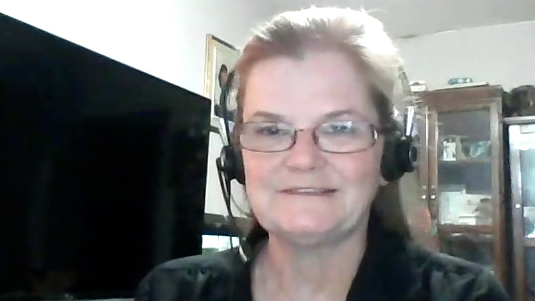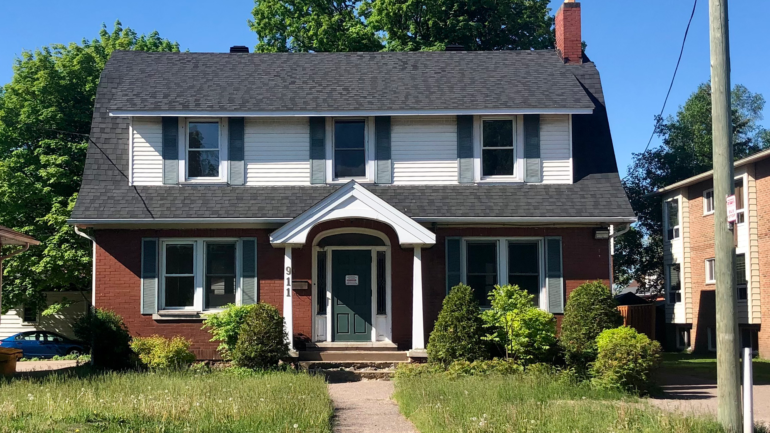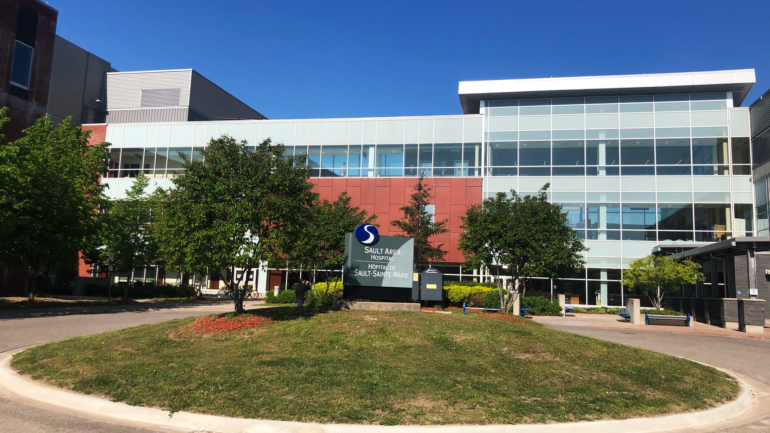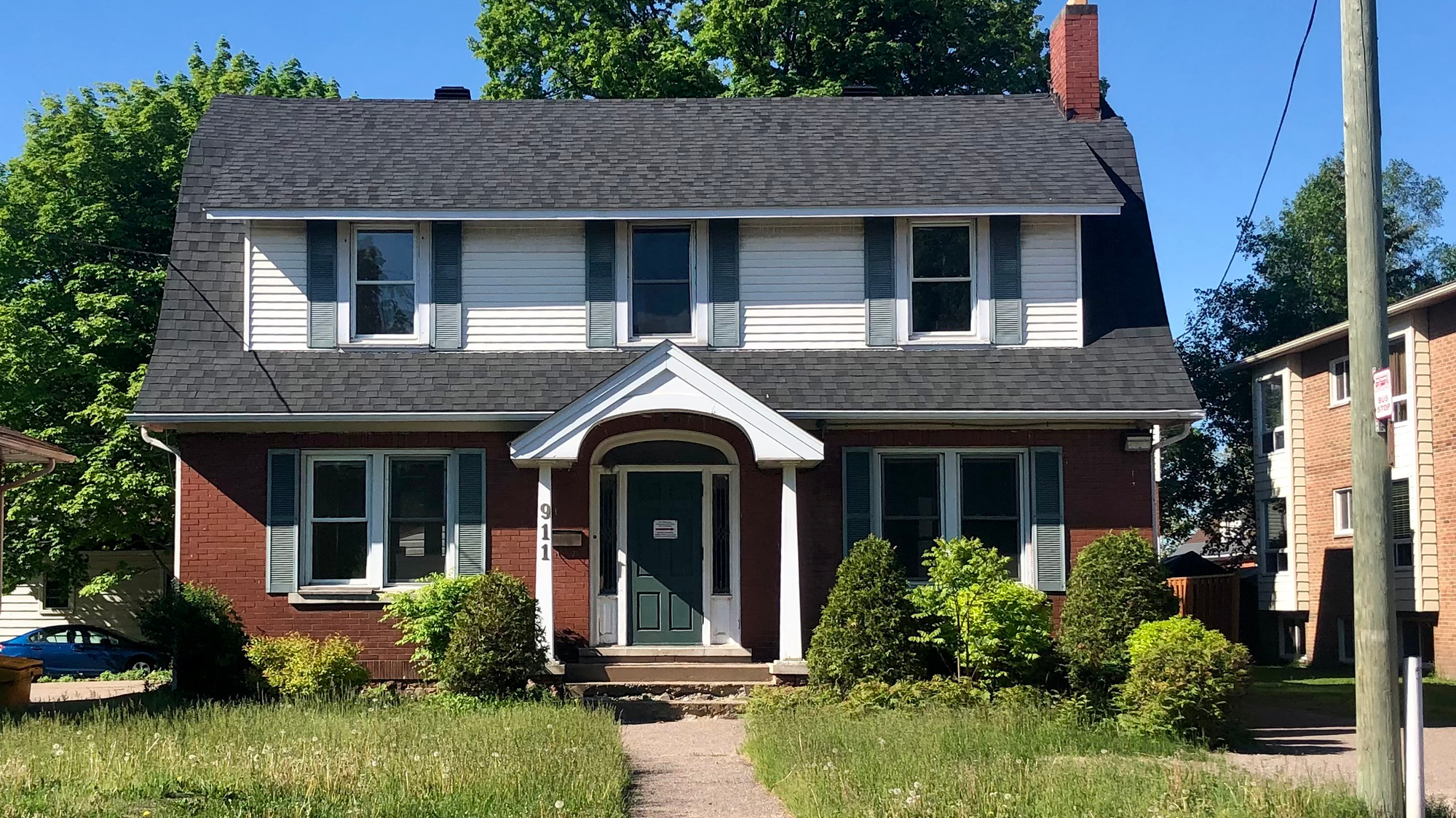SAULT STE. MARIE, Ont. — A non-profit group in this northern Ontario border city committed to ending to the opioid crisis has concerns about the province’s plan to build a new residential withdrawal management facility.
Although this is a step in the right direction in making a difference in the community, according to Connie Elliot, founder of Save Our Younger Adults From Prescription Drug Abuse or SOYA, but the money is just replacing what the community already had until a 2020 fire closed it.

It is not expanding needed services in dealing with opioid and other drug issues in the region, she said.
“Well, it’s definitely a step forward,” she said. “But I mean, what we’re basically doing at this point in time, and they’re (government) giving us back something that we already had. We did have our detox or withdrawal management (facility).
“They’re (government) putting more money into it. But I mean, the whole thing is, we need to get it out of the Sault Area Hospital,” Elliot said.
The residential withdrawal management program runs out of the hospital on Great Northern Road and was supposed to be there temporarily after a fire broke out last year in the old facility in city’s downtown core on Queen Street.
The original facility is now for sale.
Elliot says she was surprised the fire did not make the local news and was shocked the facility was moved to the hospital without an announcement.
“I’ll never forget it,” she said. “I’m frontline and when somebody needs to go to detox, I’ll pick them up.”

She says she picked up an individual and drove down to the detox centre to find a note on the door saying there was a fire and had moved to the hospital.
“I found out about it, like, we’re talking three and a half days later,” she said.
“We are pleased with the Ontario government’s support in the relocation of the ,” said the
Hospital CEO Wendy Hansson said soon after the May 27 Ontario government statement announcing the funding that she’s pleased with province’s support for relocating the community-based residential withdrawal management program from Sault Area Hospital to a new dedicated site.
“This program enhancement has been long sought in our community and will improve access to much-needed addictions care,” Hansson said.
Elliot however told Humber News in a Zoom meeting that Sault Ste. Marie she’s not impressed by the announced as the city has been promised various resources in the past, including a new facility, more resources and data collection.
“Where’s our building?” she said. “I mean, where is the stuff that we were promised years ago?”

The province announced it would grant $343,000 in yearly operational costs for the new facility and increase bed numbers to 20 from six.
Elliot says it’s not enough, calling on the city to invest money in is its own rehabilitation centre.
“I mean, we bring people to Elliot Lake, Ont. I just brought somebody there yesterday (May 30),” she said. “We need a treatment facility. We don’t have a treatment facility here.
“You shouldn’t have to leave your loved ones and your families,” Elliot said.
The Algoma Public Health has the highest opioid-related death rate according to The Ontario Drug Policy Research Network. Numbers have increased during the pandemic.
Prior to the pandemic, Sault Ste. Marie was still at the top of the list, especially for hospitalization rates at 554 per 100,000 residents, compared to the average of 184 in Ontario.
A nurse and harm reduction worker, who spoke anonymously because she’s not authorized to speak, says she discovered how scarce resources are after watching a family member struggle with addiction and detox.
“When I first found out that he was addicted, I was floored,” she said. “I didn’t know. Because there is no medical detox in Sault Ste. Marie, I chose to detox him at home, and it was so heartbreaking to watch him struggle through those days.”
The nurse told Humber News via email that rehabilitation costs could be unaffordable to those in desperate need.

“I called several and the cost is upwards of $17,000 per week,” she said. “That is outrageous.
“How could anyone possibly afford that cost? It should be included in our OHIP plan,” the nurse said. “That is not to say that you can’t get free rehab, but the wait can be long and by the time your name comes up, it is more than likely that the person started to use again, has died or simply thinks they are okay now.”
In addition to the new facility, Elliot says the community needs more transition or safe beds, space where people can go after detox to get the treatment they need to build the skills to help them succeed in their sobriety.
“They get detox. Where do you go?” Elliot asked. “They go back into the streets, back to the same environment. It’s setting people up for failure.
“We need safe beds. We need someplace where people can go and be safe,” she said.

